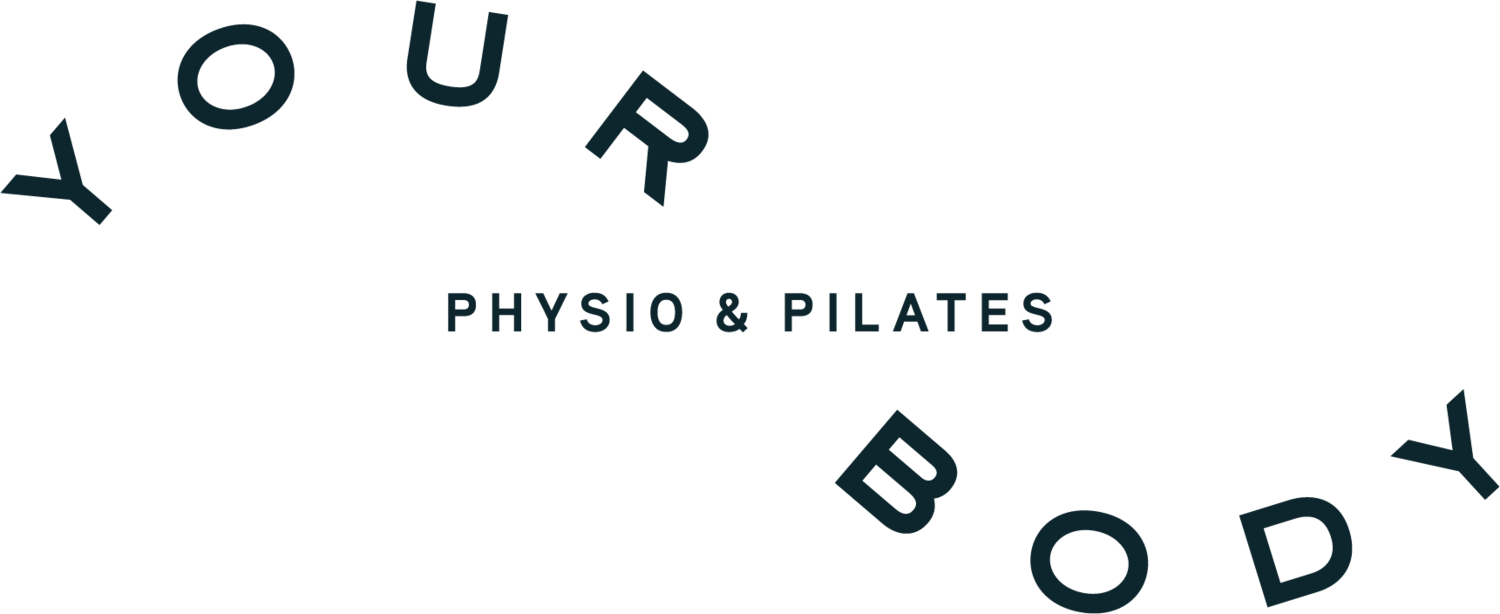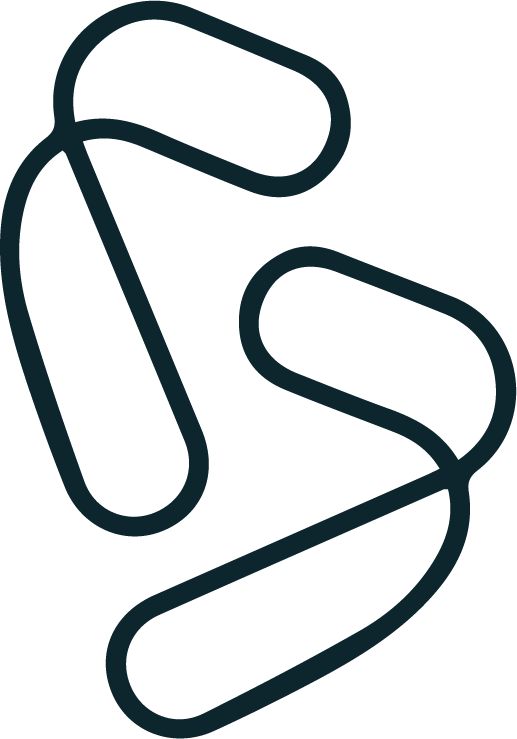Physio for Acute Neck Pain
What is it?
If you woke up with a stiff and painful neck where turning your head, looking up or down is causing you severe neck discomfort you are likely experiencing a wry neck. Acute neck pain or often refer to as wry neck is a common condition.
It often can be triggered by awkward prolonged postures during the previous day or at night while sleeping, recent stress episodes or high intensity activity the day before. Two main causes include irritated facet joints of intervertebral discs.
Facet joints in our neck get irritated and locked in the position producing a protective muscle spasm that causes us the most pain and discomfort. Discs can get irritated for the similar reasons and is more likely to radiate down the shoulder or arm depending on severity; discogenic pain normally takes longer to settle.
Symptoms
Common symptoms include pain that is often a lot worse on one side of the neck and restricted movement of the neck. It is not uncommon for the pain to radiate down into the shoulder and under the shoulder blade.
If you are experiencing changes in vision, severe weakness in your arm, dizziness, nausea or difficulty speaking or swallowing it is good idea to seek a doctor’s advice.
How can I prevent it/treat it?
· Keep moving your head and neck as much as the pain permits to keep the neck from further locking.
· Apply heat to your neck and upper back, wrap your heat pack into a tea towel before using to prevent skin burns, keep the heat for around 15 minutes on and off few times a day.
· Arrange pillows in bed so your neck is nicely supported
· If you have to sit all day in front of the computer or have a long drive make sure to take breaks and move your neck, arms and shoulders for couple of minutes.
· Avoid wearing a neck brace unless you have been recommended one by a health professional
· Avoid sleeping on your stomach or sleeping in awkward positions with a twisted neck/om your sofa.
How can physiotherapy help?
Physiotherapy can speed up the recovery process. In the clinic we perform soft tissue release, muscle energy techniques, joint mobilisations. We determine what triggered this episode and make sure to provide you with a long term prevention plan and efficient self-management techniques you can use in-between treatment sessions.

